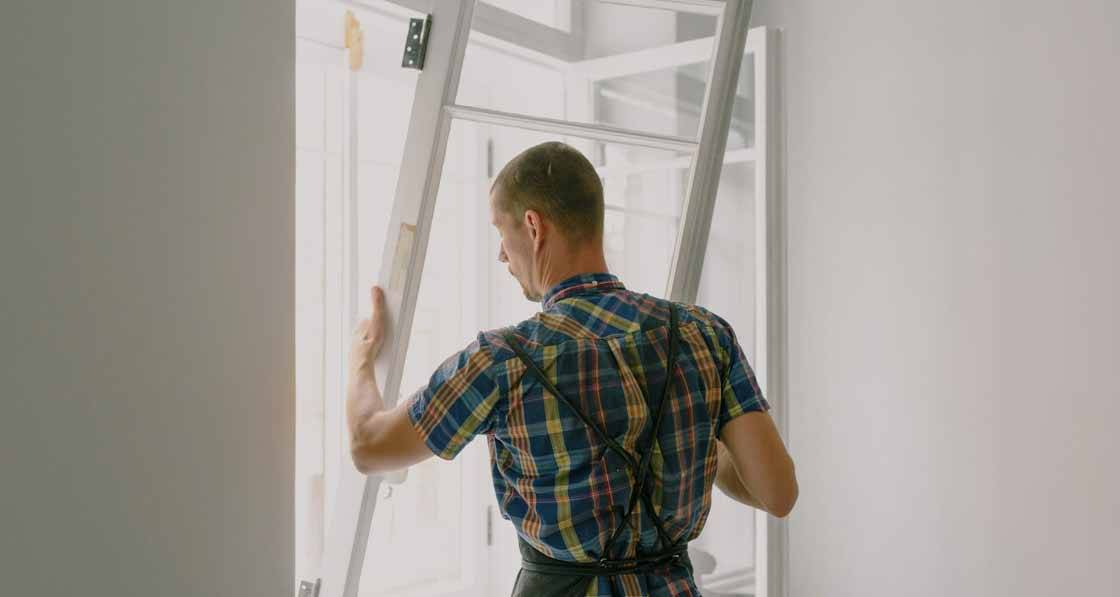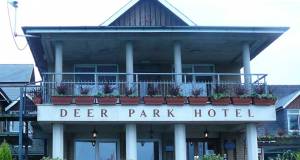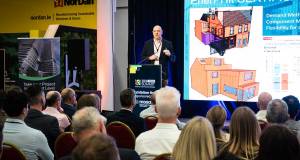
- Climate Change
- Posted
Chartered Institute of Building urges VAT overhaul to encourage reuse and renovation
Under Ireland’s current tax structure, a reduced rate of 13.5 per cent VAT is applied to demolition projects, creating a perverse environment where the embodied-carbon-hungry activities of demolition and replacement enjoy taxation parity with the sustainable repair and restoration, of Ireland’s built environment.
CIOB says this contradicts the principles outlined in the Circular Economy and Miscellaneous Provisions Act 2022, the Climate Action and Low Carbon Development (Amendment) Act 2021, and the EU Taxonomy Regulation 2020 - an EU-wide classification system for sustainable activities.
The organisation is proposing the Government use the tax system to incentivise repair and restoration over demolition thereby reducing the embodied carbon footprint of Ireland’s built environment. It is calling for demolition to be charged at the standard rate of 23 per cent VAT, while repair and renovation activities remain at the reduced rate of 13.5 per cent.
Joseph Kilroy, Policy and Public Affairs Manager for Ireland at CIOB, said: “We hear about the need to move away from a throw-away society and upcycle and recycle when it comes to things like clothes and furniture, and this needs to be extended to buildings too. At a time when so many decisions are cost-based, it’s wrong that carbon-intensive options are taxed at the same rate as more sustainable options. With the construction and operating of buildings accounting for more than a third of Ireland’s carbon emissions, incentivising refurbishment and renovation needs to be a priority for Government in order to reach net zero by 2050.”
The built environment accounts for 37 per cent of Ireland’s carbon emissions with heating, cooling, and lighting buildings, known as operational carbon, being responsible for the majority (23 per cent). The remaining 14 per cent is attributable to embodied carbon; emissions resulting from mining, quarrying, transporting, and manufacturing of building materials, in addition to construction activities, the repair, renovation, and final disposal of buildings.
CIOB says reforming VAT would also generate revenue, which could be used to fund initiatives that support energy-efficient upgrades to housing, help vulnerable households cope with the cost-of-living crisis, and preserve historic buildings.
Kilroy adds: “Charging full VAT for demolition while maintaining the reduced rate for repair and refurbishment would create a tax environment that reflects the principles of Ireland’s existing climate legislation and the urgency of the national net zero by 2050 target. “
Related items
-
Air tightness training course to launch in Carlow this March
-
 #BuildingLife Series: Director at CORA Consulting Engineers, John Casey
#BuildingLife Series: Director at CORA Consulting Engineers, John Casey -
 Green homes and finance join forces for growth
Green homes and finance join forces for growth -
 Hotel demolition judicial review could set embodied carbon precedent
Hotel demolition judicial review could set embodied carbon precedent -
 ZEB Summit celebrates Irish passive progress
ZEB Summit celebrates Irish passive progress -
 Irish and British associations unite for conference as passive house explodes
Irish and British associations unite for conference as passive house explodes

